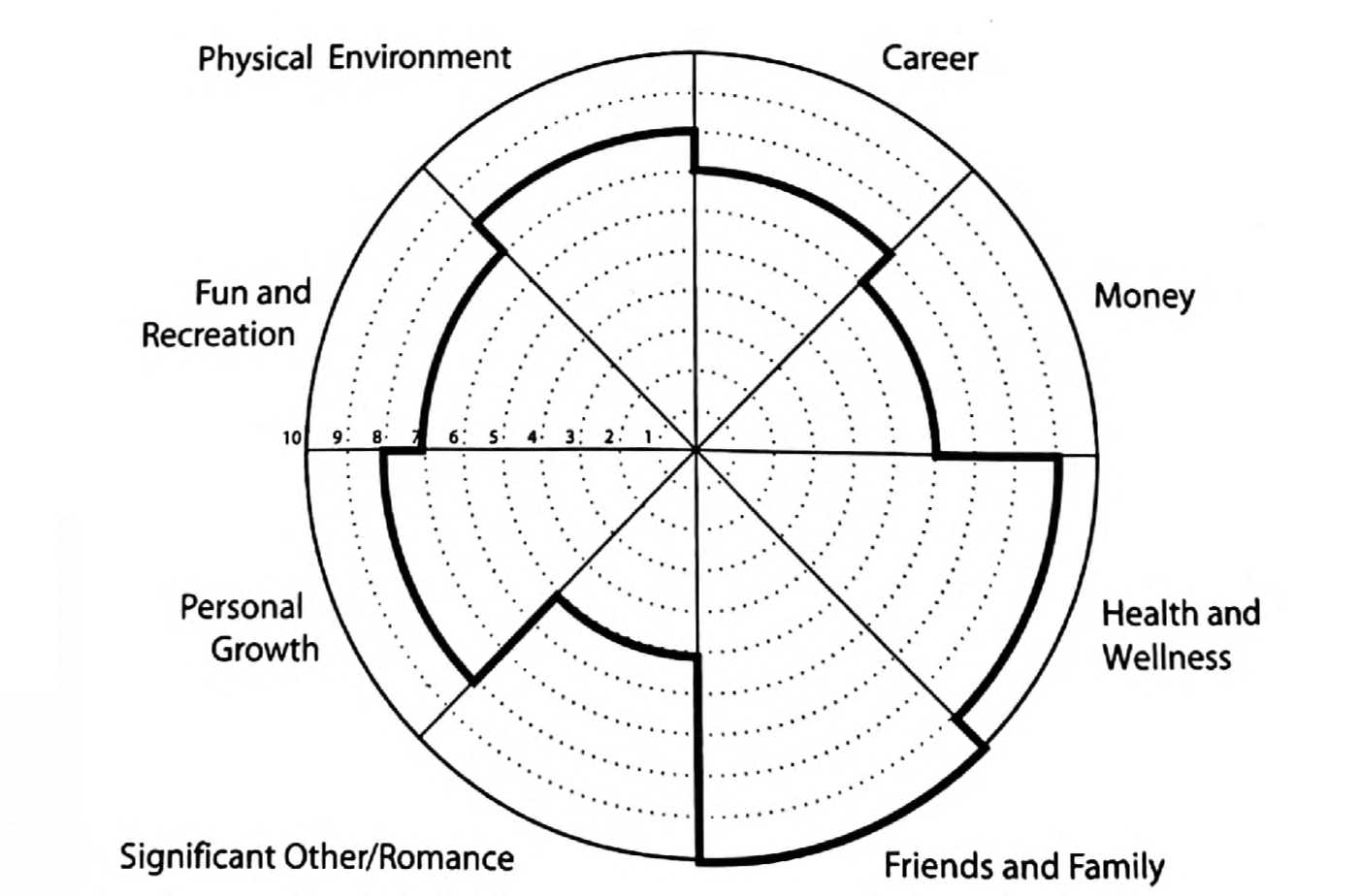Evidence-Based Insights & Practical Tools for Growth
Explore concise articles, worksheets, and free downloads—each grounded in proven psychology—to help you thrive in therapy, at work, and in everyday life. New resources are added regularly, so check back whenever you need fresh perspective or step-by-step guidance.
Get answers to your questions




Schedule your free consultation today
Whether you’re seeking therapy or coaching, Dr. Poe is here to guide you toward meaningful growth and transformation. Start your journey today.

FAQs
Find answers to commonly asked questions about our services, including session durations, costs, and what to expect.
Still have questions? Contact me.
The primary difference between therapy and coaching lies in their focus, goals, methods, and the qualifications of the professionals providing these services. Choosing between therapy and coaching depends on your current needs and circumstances. If you're unsure, contact me and we can discuss this further.
Therapy is a collaborative process where individuals work with a trained therapist to address mental health concerns, develop coping strategies, and achieve personal growth. It can involve exploring emotions, behaviors, and thought patterns.
Coaching is a collaborative process where a trained professional helps individuals identify and achieve personal and professional goals. It is forward-looking and centered around growth, empowerment, and actionable steps.
Look for a coach with experience in your industry who has expertise in your area of concern. You should look at their training and experience. You should feel a connection with the person, like their style, and feel genuinely heard. Listen to your intuition here. Education and training are also important. As a clinical psychologist and a business coach I am able to draw from a range of theories (outside of coaching) to creatively conceptualize your issues through multiple lenses.
Yes, online therapy or phone calls are as effective as in person therapy. I have studio quality audio and visual equipment to provide an experience that is optimal and natural for you. There was sufficient evidence to support VTC and telephone-delivered interventions…[have the same effectiveness as in person therapy],… for mental health conditions.1
Yes, numerous studies on coaching outcome have supported improvements. A meta-analyses of studies on executive coaching found improvements in self-efficacy, psychological capital, and resilience indicating executive coaching is effective in producing change even on dimensions considered relatively stable over time.2
Psychotherapy is effective for 75% of individuals.
The general or average effects of psychotherapy are widely accepted to be significant and large3. These large effects of psychotherapy are quite constant across most diagnostic conditions and most types of therapy. Variations in outcome are more heavily influenced by patient characteristics e.g., chronicity, complexity, social support, and intensity and by clinician and contextual factors, than by particular diagnoses or specific treatment “brands,"4.


